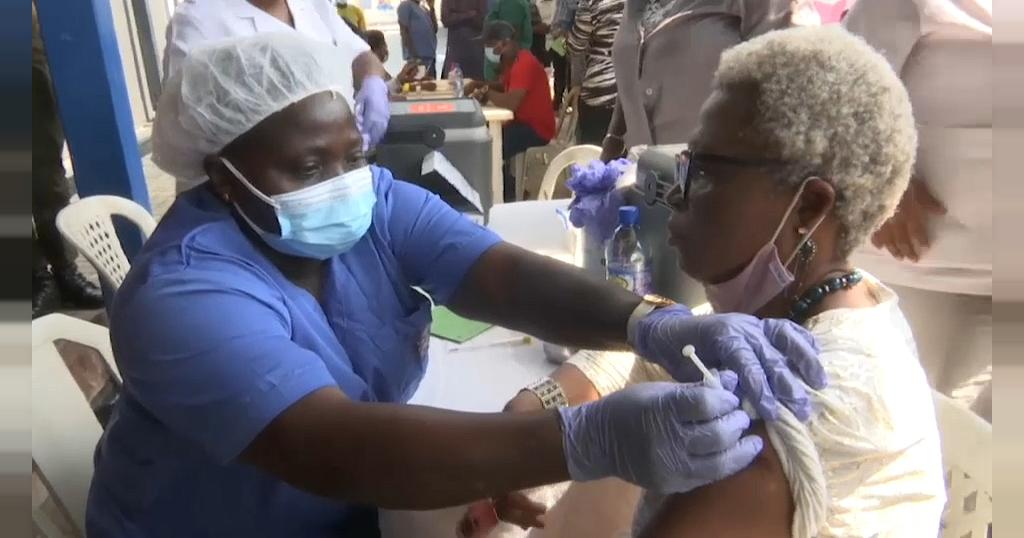
South Africans Public Interest for Covid Vaccine Declines Due To Increases in Cases
South Africa, which has struggled to obtain Covid vaccines that are too rare, too expensive before launching its immunization campaign with much delay, is now facing a disturbing rejection of the vaccine by part of its population.
In front of this vaccination center in Johannesburg, the queue was getting longer and longer until a few weeks ago. Today, only three people are there, lost in this huge gymnasium requisitioned since the beginning of the mass vaccination in May, their sleeves rolled up for the injection.
Parked in front of the entrance, Muzi, a 32-year-old minibus cab driver, looks at it with a bad eye. “I am very afraid of the vaccine,” he says.
He then tells of knowing a woman, who he says died from being vaccinated: “She was perfectly fine before”.
To date, only 11% of adults in a population of 58 million are fully immunized. The country officially the most affected in Africa is currently vaccinating people over 35 years old and is opening up on Friday to people over 18 years old. South Africa already has more than 2.6 million cases and nearly 78,700 deaths.
But despite the ever-rising numbers, fewer than 200,000 people a day are coming forward to be vaccinated, below the target of 300,000. The government plans to vaccinate 28 million people by the end of the year, or 70% of adults.
The country is experiencing “apathy or vaccine fatigue,” Nomafrench Mbombo of the Western Cape provincial health department warned Thursday.
The government had been roundly criticized for its delay in getting into the vaccine procurement race. But it has since succeeded in obtaining tens of millions of doses and South Africa has even become the first country on the continent to produce vaccines locally.
Lori Bentley, 59, stood in line outside the gym. But in her family, she is one of the few who believe the vaccine will work. According to her relatives, scientists “couldn’t develop an effective vaccine in such a short time,” she says.

